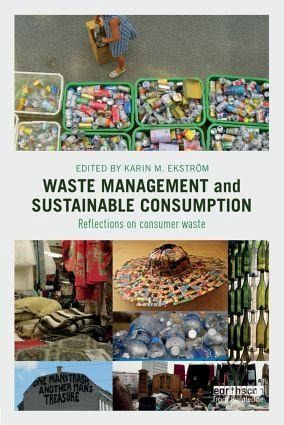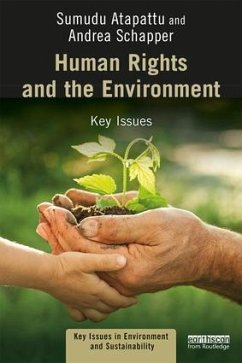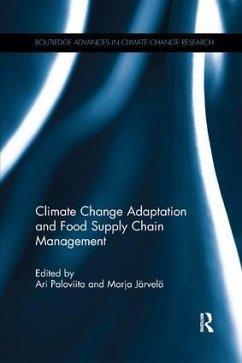
Waste Management and Sustainable Consumption
Reflections on consumer waste
Herausgeber: Ekström, Karin M.
Versandkostenfrei!
Versandfertig in 1-2 Wochen
64,99 €
inkl. MwSt.

PAYBACK Punkte
32 °P sammeln!
The accelerated pace of global consumption over the past decades has meant that governments across the world are now faced with significant challenges in dealing with the dramatically increased volume of waste. While research on waste management has previously focused on finding technological solutions to the problem, this book uniquely examines the social and cultural views of waste, shedding new light on the topic by emphasising the consumer perspective throughout. Drawing on a wide variety of disciplines including environmental, economic, social and cultural theories, the book presents phil...
The accelerated pace of global consumption over the past decades has meant that governments across the world are now faced with significant challenges in dealing with the dramatically increased volume of waste. While research on waste management has previously focused on finding technological solutions to the problem, this book uniquely examines the social and cultural views of waste, shedding new light on the topic by emphasising the consumer perspective throughout. Drawing on a wide variety of disciplines including environmental, economic, social and cultural theories, the book presents philosophical reflections, practical examples and potential solutions to the problem of increasing waste. It analyses and compares case studies from countries such as Sweden, Japan, the USA, India, Nigeria and Qatar, bringing out valuable insights for the international community and generating a critical discussion on how we can move towards a more sustainable society. This book will be of great interest to post-graduate students and researchers in environmental policy, waste management, social marketing and consumer behaviour, as well as policymakers and practitioners in consumer issues and business.














